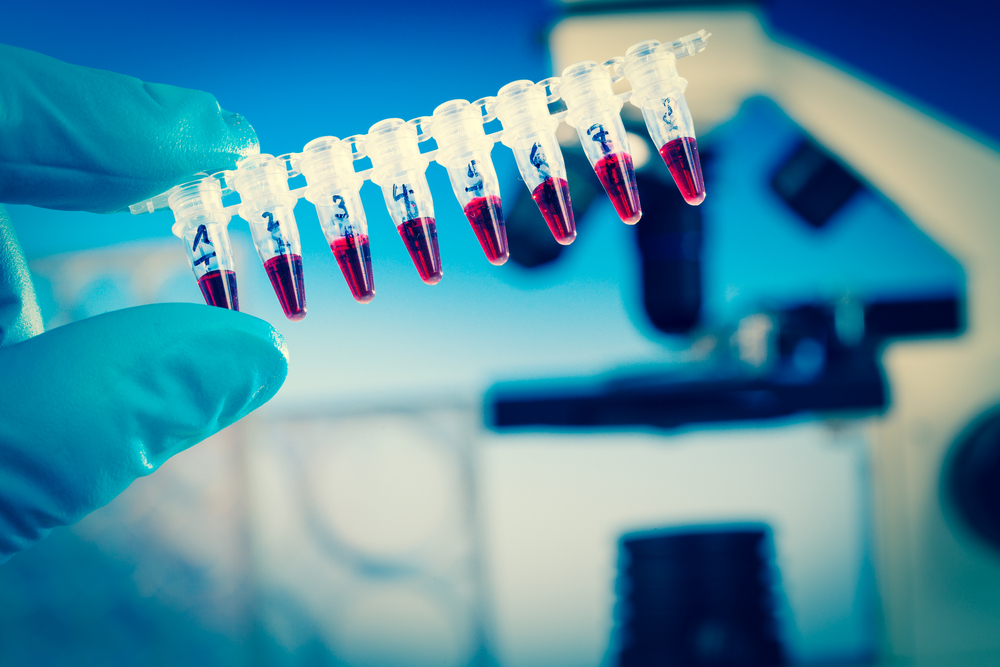In the midst of the global pandemic, researchers from Rutgers University are at the forefront of developing an oral COVID-19 treatment to supplement or potentially replace Paxlovid – an antiviral medication crucial in keeping high-risk patients out of hospitals. Their recent findings, published in Science, reveal promising results from an alternative medication, a viral papain-like protease inhibitor, showing efficacy in inhibiting disease progression in animal models – a critical milestone before advancing to human drug trials.
Given that COVID-19 remains a significant cause of mortality, the urgent need for additional treatment options is apparent. Jun Wang, the senior author of the study and an associate professor leading a research lab at Rutgers’ Ernest Mario School of Pharmacy, emphasized the imminent necessity for alternative treatments, particularly as the virus continues to mutate and develop resistance to existing medications like Paxlovid.
With the goal of targeting the viral papain-like protease (PLpro), an essential protein across various COVID-19 strains, Wang’s team focused on gaining comprehensive insights into the structure of PLpro. The Arnold Lab at Rutgers’ Center for Advanced Biotechnology and Medicine provided the crucial structural data, enabling Wang’s team to design and synthesize 85 drug candidates tailored to interact with and disrupt this vital protein.
Professor Eddy Arnold, affiliated with CABM and the Rutgers Department of Chemistry and Chemical Biology, highlighted the innovative design concepts derived from the unexpected arrangement of drug candidate molecules binding to the PLpro protein target within the crystal structures. Following extensive laboratory evaluations, one standout candidate, named Jun12682, showcased potent activity against multiple SARS-CoV-2 strains, including those resistant to Paxlovid treatment.
Further validation through testing on SARS-CoV-2-infected mice at Oklahoma State University’s Deng lab demonstrated the efficacy of oral Jun12682 treatment in reducing viral lung loads, minimizing lesions, and enhancing survival rates. Wang noted that the experimental drug exhibited comparable effectiveness to Paxlovid in initial animal trials, indicating a potential breakthrough in COVID-19 treatment options.
Moreover, Wang emphasized a key advantage of Jun12682 over Paxlovid – its minimal interference with other prescription medications. Unlike Paxlovid, which poses challenges due to its interactions with various drugs, Jun12682 showed no signs of impacting major drug-metabolizing enzymes, offering a safer treatment option for individuals with co-existing medical conditions.
Rutgers University has taken proactive steps by filing patent applications for Jun12682 and the remaining 84 drug candidates. Collaborative efforts are underway to seek potential partners for advancing the drug candidate through subsequent phases of testing and development, marking a significant stride towards addressing the evolving challenges posed by COVID-19.
*Note:
1. Source: Coherent Market Insights, Public sources, Desk research
2. We have leveraged AI tools to mine information and compile it

